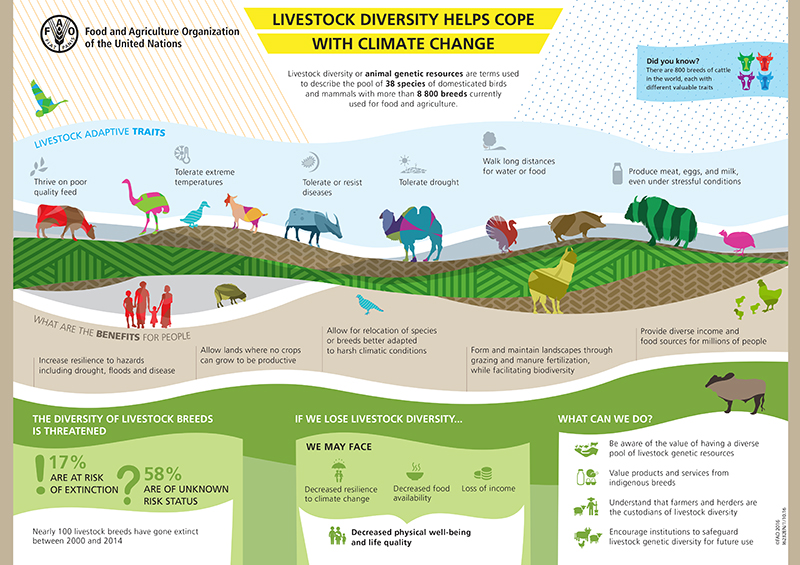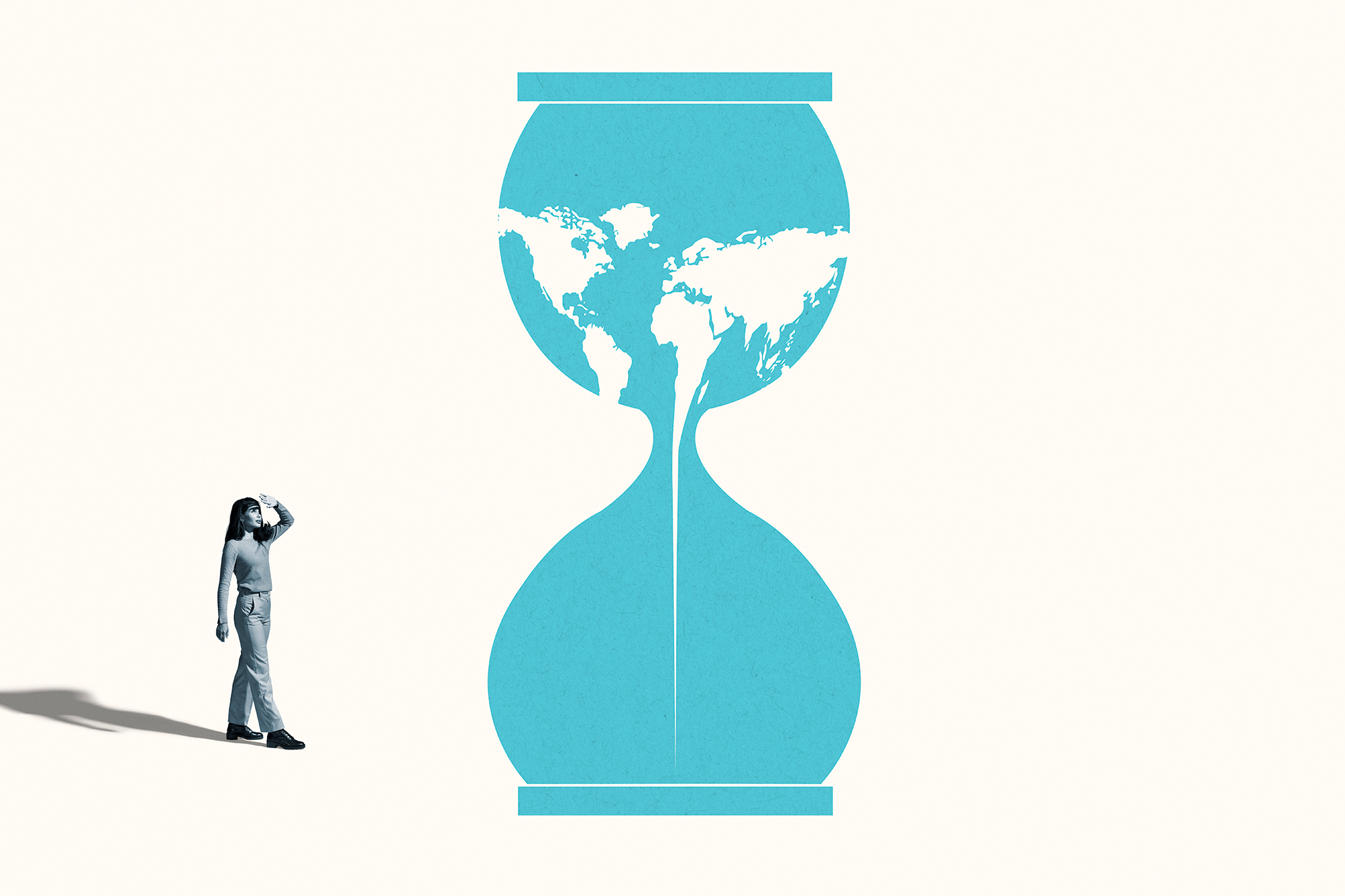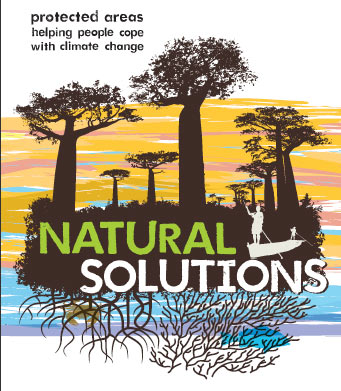Amazing Info About How To Cope With Climate Change

Half of adults didn't know where to start in order to combat climate change.
How to cope with climate change. Eating less red meat, for example, can reduce carbon emissions. Such strategies include mindfulness, meditation, gratitude journaling, yoga, quality sleep, and spending time with loved ones — basically anything that soothes the nervous. Here’s how to get started:
Participating in strikes and protests,. If you like to grow things, preserve some of your. If you like to campaign, join an advocacy group.
Eco grief experts suggest seeking out a. How to stop spiraling and make a difference presencing and purposing feel, talk, unite, act finding meaning in the darkest situations There's still time to prevent — with drastic action — the catastrophic effects of.
Here are some suggestions that could help you manage climate anxiety. Get to know your community. You might seek a more guided approach to deal with the intense emotions that can arise from climate change.
Studies show that it adversely affects human and natural systems by. Get educated about climate change. Talk to others about what you’re feeling and consider ‘climate cafés’ — these are groups that meet up to discuss the state of the world.
Climate is not the only factor in the deterioration of natural systems.we are making big changes to the. First, identify the actions you can take. 5 ways to cope with climate change anxiety 1.
Maladaptation happens when you try to solve one problem and wind up creating. Cut back on your exposure to negative stories about the climate in the media and on social media. Restoring wetlands, mapping flooded areas, reducing emissions from cities will help.
“right now, there’s fairly broad public support for climate action. To help relax your anxiety, you should plan ahead for potential emergencies. Used in this way, adapting often means changing one’s.
The earth's average surface temperature has already risen 1.1c compared to that benchmark. Worsened mental health, particularly for those with existing psychiatric diagnoses. They recommend people focus on taking care of themselves first by eating a balanced diet, spending time outdoors, and talking with others who have similar concerns.


















